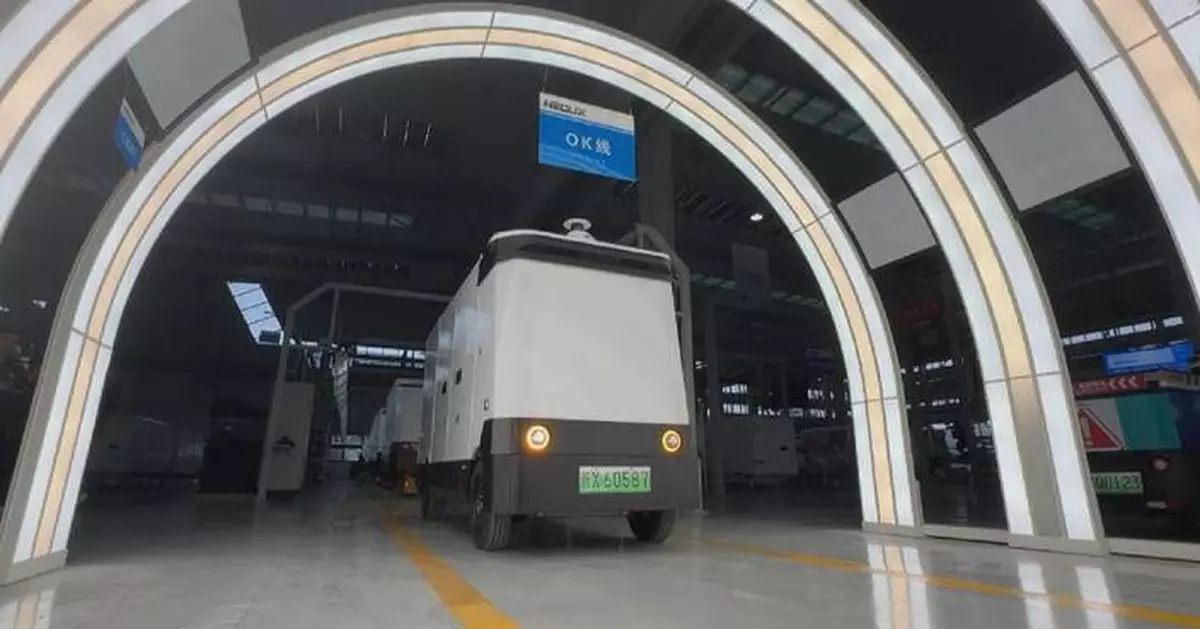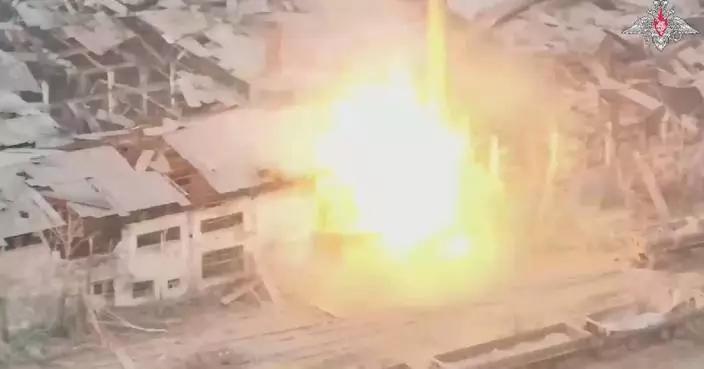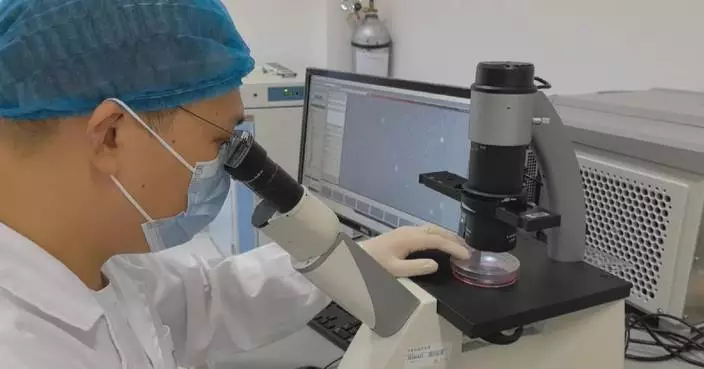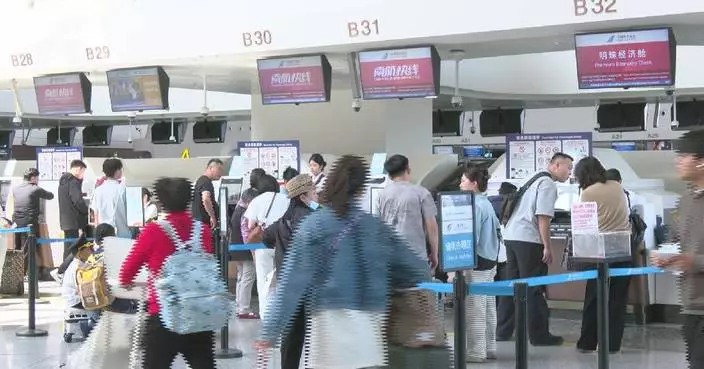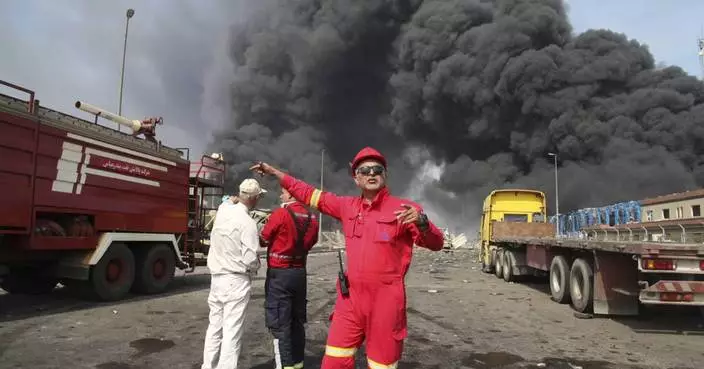Intelligent unmanned equipment and technologies are helping the Chinese express delivery industry to progress continuously and efficiently.
The automation rate of large-scale logistics and express delivery centers in the country has surpassed 90 percent, which effectively assists the industry in reducing costs and increasing efficiency, data released by the State Post Bureau (SPB) showed.
Meanwhile, according to the SPB, by the end of last year, China had established 1,300 large-scale logistics and express delivery processing centers above the designated size (with an annual revenue above 20 million yuan, or about 2.74 million U.S. dollars).
At a sorting center in Wujiang, east China's Jiangsu Province, parcels from across the country are sorted by unmanned forklifts and delivered to various smart sorting lines based on their categories, such as documents, small parcels, and large packages.
With smart technologies like visual recognition and artificial intelligence, an average of over 30 packages are quickly sorted and processed every second.
At the same time, unmanned devices are also transforming express delivery operations.
In a workshop in Anyang City, central China's Henan Province, workers are assembling unmanned delivery vehicles, with the production process for each vehicle completed in just 10 minutes.
"We've received orders for more than 20,000 vehicles since the beginning of this year, a tenfold increase compared to last year. They will be primarily operating in over 100 cities including Beijing and Shanghai, with 90 percent used in the express delivery sector," said Zuo Zan, production director of the workshop.
As order volumes increase, the pursuit of higher efficiency and lower costs has become the core demand in logistics and delivery sectors, prompting unmanned vehicle producers to continuously enhance technological innovation.
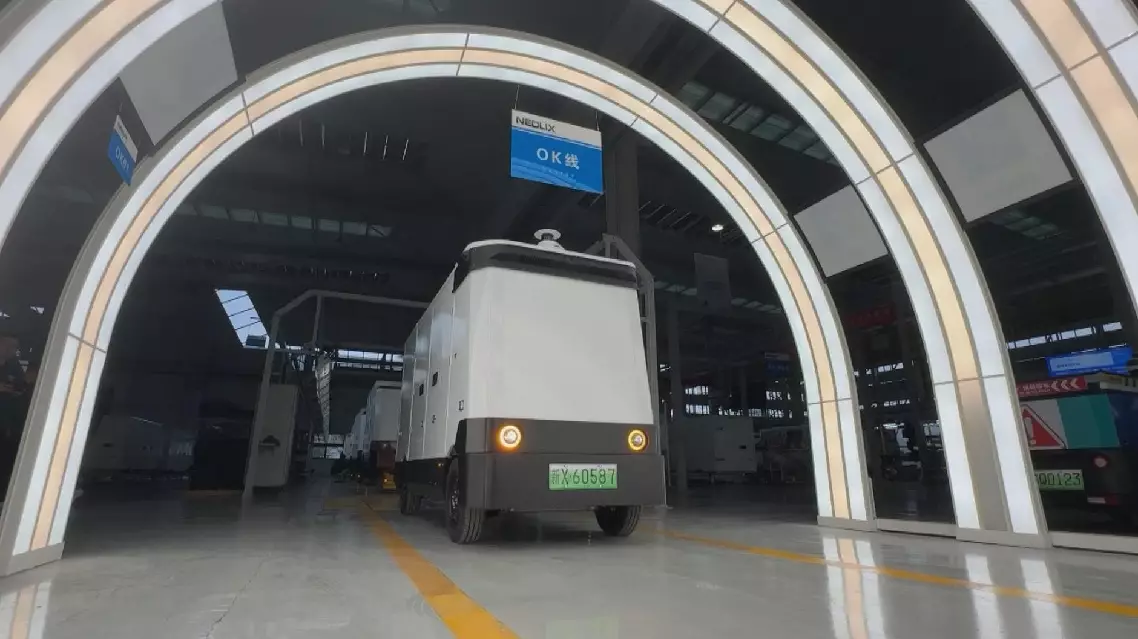
Unmanned techs boost growth of China's logistics sector
Chinese Foreign Minister Wang Yi said on Wednesday that BRICS countries need to strengthen unity and cooperation to act as the most reliable force in safeguarding the legitimate rights and interests of developing countries.
Wang, also a member of the Political Bureau of the Communist Party of China (CPC) Central Committee and director of the Office of the Central Commission for Foreign Affairs, made the statement at the 15th Meeting of BRICS National Security Advisers and High Representatives on National Security in the Brazilian capital of Brasilia.
He stated that once-in-a-century changes are unfolding across the world at a faster pace, with new challenges, changes, and problems constantly emerging.
Yet regardless of how the international landscape changes, peace and stability remain a common pursuit of the international community, development and prosperity are always a common expectation of all countries, and seeking strength through unity among the Global South is always an unstoppable historical trend, he said.
Wang said that under the new global circumstances, more and more countries are willing to listen to the voice of BRICS and hope to join the BRICS family. The development of BRICS represents the growth of peace forces, the strengthening of development forces, and the empowerment of the forces of justice in the world.
BRICS countries must stand at the forefront of the times, strengthen unity and cooperation, demonstrate the assumption of responsibility, and promote the significant role of greater BRICS cooperation, to act as the most reliable force in safeguarding the legitimate rights and interests of developing countries, he noted.
Wang stated that a transactional approach in international politics and weaponizing global trade will only aggravate the trust crisis among countries and jeopardize global security.
Standing at the crossroads of history, BRICS countries must provide a clear answer: should they allow unilateralism to spread unchecked, or steadfastly champion for multilateralism, Wang said.
Concession leads nowhere and unity is where the hope lies, he added.
Wang said that BRICS countries should hold high the banner of multilateralism, take the lead in safeguarding the international system with the United Nations at its core and the multilateral trading system with the World Trade Organization at its core, and promote development of the international order in a more just and reasonable direction.
Other parties at the meeting agreed that BRICS countries should build consensus and make joint efforts to oppose all forms of bullying, interventionism and tariff abuse, adhere to multilateralism, defend the common interests of the Global South, and work together to build a multipolar world of peace, security, fairness and justice.
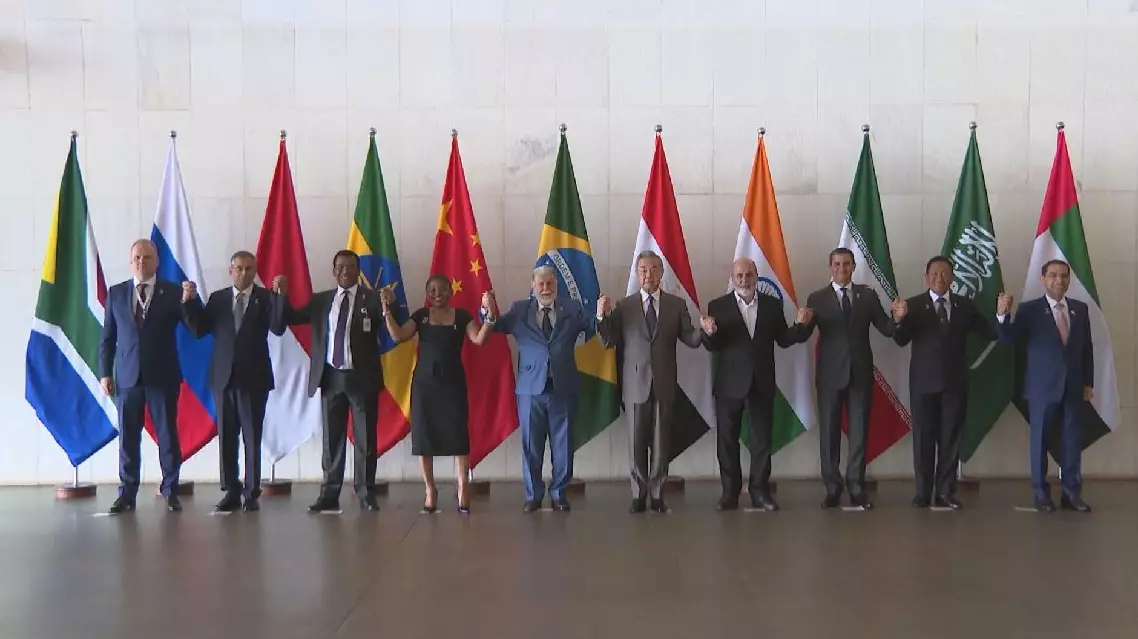
BRICS countries should become reliable force in safeguarding developing countries' rights: FM



